3 Ways to Make This a Winter Wonderland
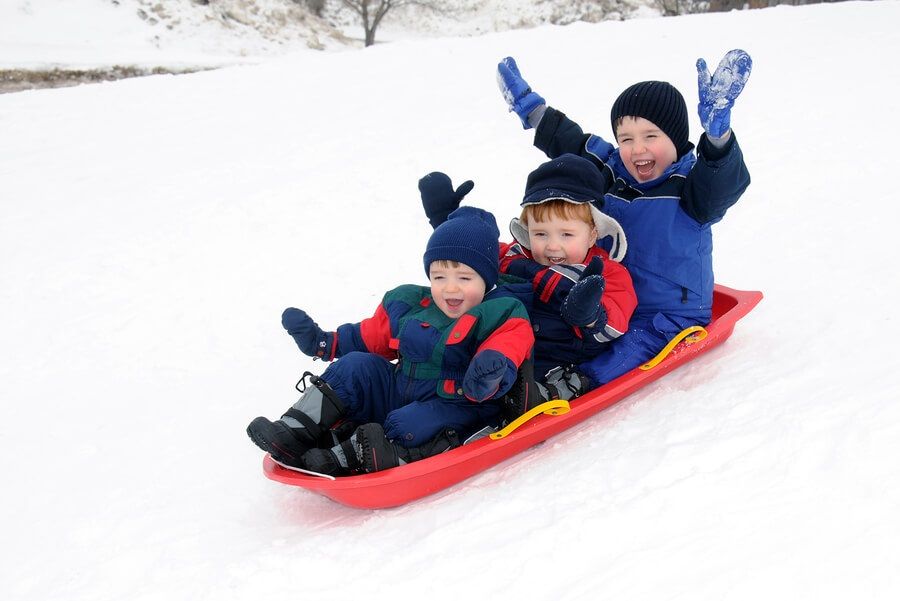 Kids love to play in the snow! And who could blame them--what's more fun than sledding, skating and building snow forts?
Kids love to play in the snow! And who could blame them--what's more fun than sledding, skating and building snow forts?
But cold weather and winter activities can have risks. Keep your kids warm, safe and happy with these winter survival tips (beyond just hot chocolate, although that's not a bad remedy either)!
So next time the thermometer dips and your kids start running for their boots, be sure they're protected.
1. What to wear
If you're going outdoors, rather than just throwing on a big bulky coat, try several layers of thinner clothing so you can accommodate changes in weather conditions or environment.
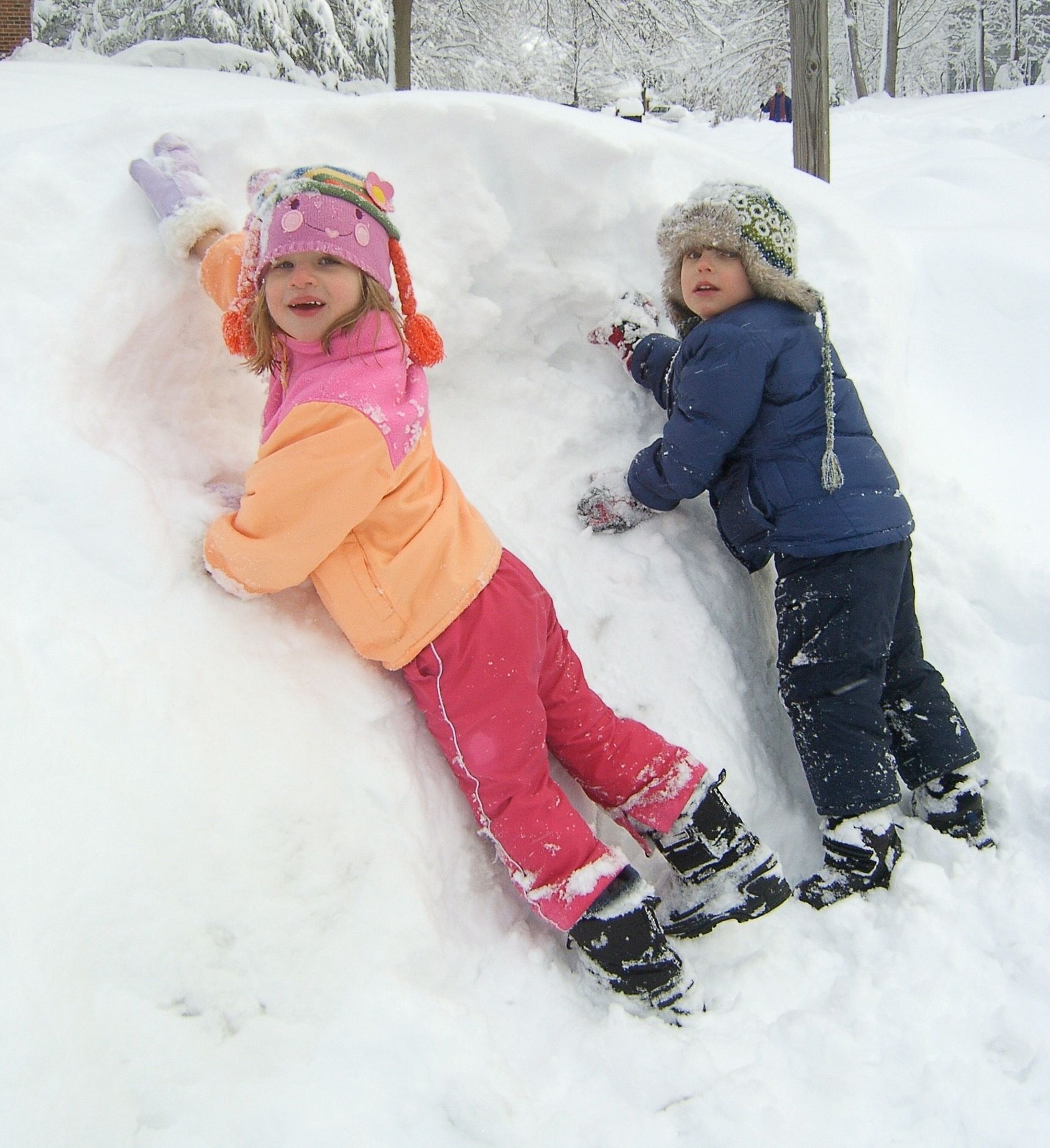 Start with a base layer and then add clothing like turtlenecks that protect skin from exposure. For the outer layer, insulated and water-resisent apparel will keep them warm and dry.
Start with a base layer and then add clothing like turtlenecks that protect skin from exposure. For the outer layer, insulated and water-resisent apparel will keep them warm and dry.
A good rule of thumb for kids is to add one more layer than you would for adults. This will keep kids warm and protected, at least until the snowballs start flying!
Kids should also wear boots, hats and mittens. Avoid clothing with drawstrings that can get caught and injure a child. Try replacing with velcro if necessary.
For traveling in vehicles, keep kids in snug layers. Bulky clothes can cause children to slip out of safety seats in an accident.
Even if you're staying indoors, there are considerations for staying warm. For infants, avoid quilts, blankets or pillows in cribs to promote safe sleep habits. Instead, try one-piece sleepers or wearable blankets. If needed, use a blanket only if it is tucked under the mattress and only up to the infant's chest,
2. How to stay healthy
Cold weather conditions can lead to dangerous health issues if we don't protect ourselves sufficiently.
Hypothermia - when our body temperature drops below normal, this can become a serious medical condition that needs to be addressed quickly. Signs of hypothermia include:
- Shivering
- Lethargy
- Clumsiness
- Slurred speech
If a child is showing signs of hypothermia, get them indoors and remove wet clothing. Warm them slowly by wrapping in a blanket and getting them in dry clothing. Warm the torso first, not the extremeties, to avoid shock. Do not place them in warm water as warming too quickly can cause heart arrhythmia. Follow up with medical treatment.
Frostbite - when the skin and outer tissue freezes, this can cause injury and pain. Seek medical attention if the symptoms are severe. Signs of frostbite start with red, tingly skin, then progressing to gray and painful skin. Severe frostbite will turn the skin white and hard.
If you suspect frostbite, depending on what part of the body is affected, either dip in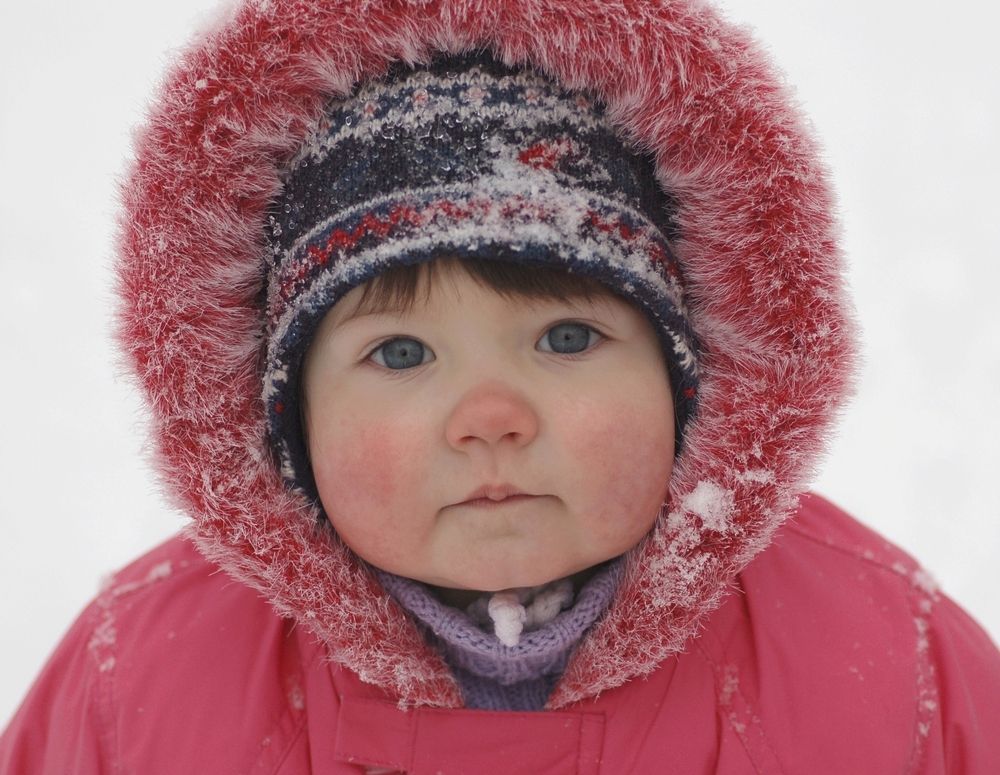 warm water (104o) or use a warm washcloth to cover the area. Do not rub the skin. Seek medical treatment if the skin begins to blister.
warm water (104o) or use a warm washcloth to cover the area. Do not rub the skin. Seek medical treatment if the skin begins to blister.
To avoid frostbite, keep skin covered as much as possible when outdoors. Skin can freeze in just minutes in sub-zero temps. Dress in layers and go indoors if clothes get wet.
Influenza - children over 6 months should receive a flu vaccination each year. Be sure to wash hands often to avoid spreading germs. Typical influenza symptons include:
- Fever
- Chills
- Cough
- Sore throat
- Fatigue
- Body aches
If a child has the flu, be sure they get sufficient rest and drink plenty of liquids. For fever and body aches, try acetaminophen or ibuprofen but don't give asprin to children or teens. Check with your doctor if symptoms are severe or lingering.
3. Avoiding injuries
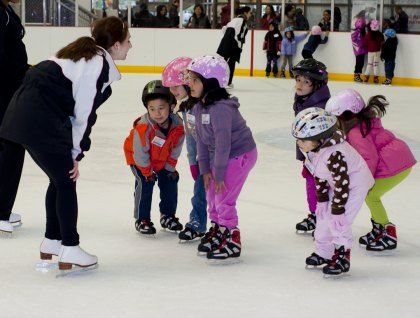 Winter sports and activities can be fun and exhilarating...just be safe with proper protective gear and supplies. When sledding, skating, skiing, snowboarding, always make sure the terrain is safe. Wear the right size equipment, especially a helmet to keep those young noggins protected!
Winter sports and activities can be fun and exhilarating...just be safe with proper protective gear and supplies. When sledding, skating, skiing, snowboarding, always make sure the terrain is safe. Wear the right size equipment, especially a helmet to keep those young noggins protected!
If you're going to be outdoors for a length of time, be sure to eat regularly and stay hydrated so your own body can keep you warm!
And even though it's winter, don't forget the sun protection. Use sunscreen on any exposed areas to avoid sunburn...yes, you can burn even in December!
Don't forget to prepare your program for winter emergencies as well. Be sure to keep flashlights and extra batteries, a battery-operated radio, activities for the kids, snacks and drinking water on hand in case of power outages or inclement weather. And don't forget to take care of your furry, scaly and winged friends as well!
So, have some fun, enjoy the winter and play in the snow! With a little precaution and preparation, both kids and adults can enjoy this winter wonderland!
Happy Holidays and stay safe!
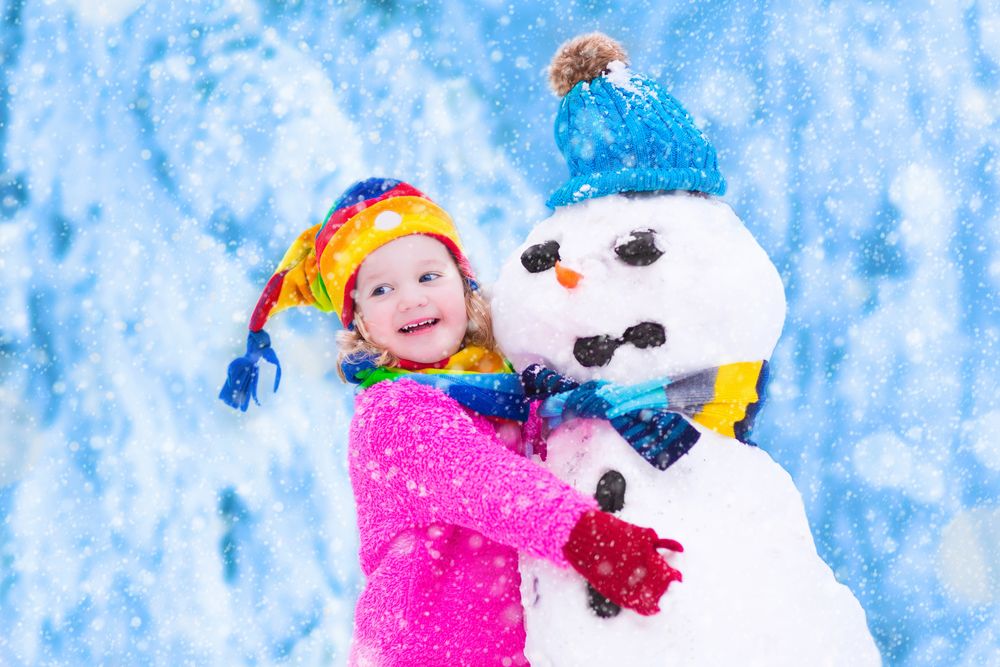
"One day your life will flash before your eyes. Make sure it’s worth watching."